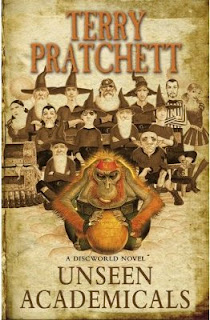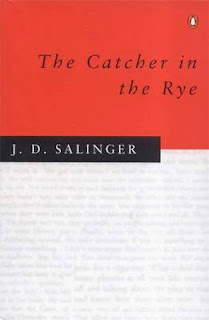The Ukrainian Gambit
In the phase 1 Brexit agreement, the UK has made a commitment to keep the Irish border open in all circumstances:
The United Kingdom remains committed to protecting North-South cooperation and to its guarantee of avoiding a hard border. Any future arrangements must be compatible with these overarching requirements. The United Kingdom's intention is to achieve these objectives through the overall EU-UK relationship. Should this not be possible, the United Kingdom will propose specific solutions to address the unique circumstances of the island of Ireland. In the absence of agreed solutions, the United Kingdom will maintain full alignment with those rules of the Internal Market and the Customs Union which, now or in the future, support North-South cooperation, the all island economy and the protection of the 1998 Agreement.
Many commentators have interpreted this to mean that the only destination now possible in phase 2 is a so-called soft Brexit, where to all intents and purposes the UK stays in both the single market and customs union. But the text above is clear that this "full alignment" will only happen "in the absence of agreed solutions". So soft Brexit is the backstop solution to the Irish border, which is bad news for the most kamikaze Brexiters, but doesn't say much about what an "agreed solution" might look like.
You could argue that actually a soft Brexit is the only feasible solution which could keep all of the UK's commitments from phase 1, but even if this is true it's impossible to believe that this is the UK government's view given the fulsome support that hard Brexiters like Michael Gove were giving to the prime minister on the morning the agreement was reached (see here from 2:13). Gove gave a hint of the government's vision when he used the phrase "deep and comprehensive free trade agreement" as the hoped-for endstate of negotiations with the EU. This, as he made clear, is not a soft Brexit. But what does it actually mean?
In fact the EU already has several "deep and comprehensive" free trade agreements in place with countries on its eastern border, notably Ukraine. This association agreement gives Ukraine access to the EU single market in certain sectors, without extending freedom of movement to Ukraine (which the EU wouldn't want to do anyway). Which sounds very much like something Gove would want, and has already been cited as a possible model for the UK's future relationship.
(This raises the question of why Ukraine is never brought up as a potential model for future relations, while Canada and Switzerland are endlessly discussed. It doesn't take much marketing nous to answer that question, but I do hope Gove ends up having to sell it in the end. "Like Shakhtar Donetsk, we can participate in Europe without participating in the EU...")
Of course, even a free trade agreement this "deep and comprehensive" doesn't mean the border between the EU and Ukraine is an open one, so any agreement with the UK would have to be deeper still, including some kind of deal on customs, to solve the Irish border problem. And here is where the government's insistence that the UK is a unique situation comes into play. By taking the Ukrainian precedent but from the opposite direction, the UK could try to negotiate a soft Brexit for some sectors of the economy (including those that are needed to keep the Irish border open, but maybe also any that depend critically on single market membership such as financial services and science), while preferring a looser arrangement for others. For those sectors that will continue to be fully aligned, some form of qualified freedom of movement would apply in order for the UK to be granted participation.
The argument would then be over how many sectors the single market and customs union should still apply to. The UK will no doubt argue only a handful, and the EU will insist on everything or nothing. Eventually a compromise will be reached, no doubt much closer to the EU's position than the UK's. But will such an outcome be a soft Brexit or a hard Brexit? Perhaps it's now time to retire those labels.
This is part 1 of a two-part series looking at the major parties' approach to Brexit. See Part 2 for an analysis of the Labour position.




Comments
Post a Comment